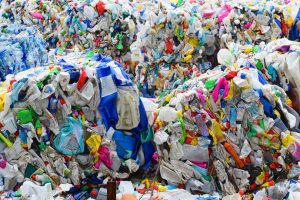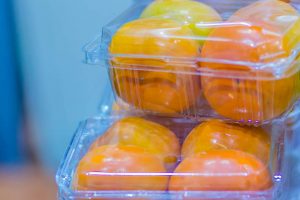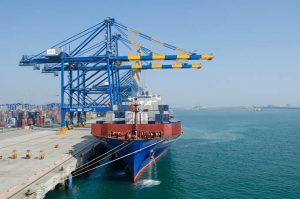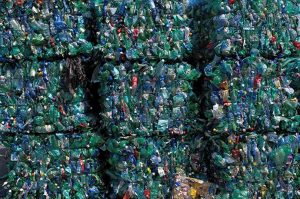 The 13th annual Plastics Recycling Conference, taking place this week in Tennessee, has brought together nearly 2,000 sector executives. That record-high number is a sign of the widespread industry thirst for connection and guidance at a time of unprecedented market disruption.
The 13th annual Plastics Recycling Conference, taking place this week in Tennessee, has brought together nearly 2,000 sector executives. That record-high number is a sign of the widespread industry thirst for connection and guidance at a time of unprecedented market disruption.







 Scrap plastic exported out of the U.S. is moving to Southeast Asia, where reclaimers are dramatically increasing purchases as China closes its doors to recovered materials. New figures illustrate that shift.
Scrap plastic exported out of the U.S. is moving to Southeast Asia, where reclaimers are dramatically increasing purchases as China closes its doors to recovered materials. New figures illustrate that shift. The value of recovered HDPE and PET packaging is flat as the new year begins.
The value of recovered HDPE and PET packaging is flat as the new year begins. A representative from a European firm that has felt the direct impacts of China’s import restrictions on recovered plastic recently offered an inside look at the fallout from the unprecedented disruption to industry trade.
A representative from a European firm that has felt the direct impacts of China’s import restrictions on recovered plastic recently offered an inside look at the fallout from the unprecedented disruption to industry trade.